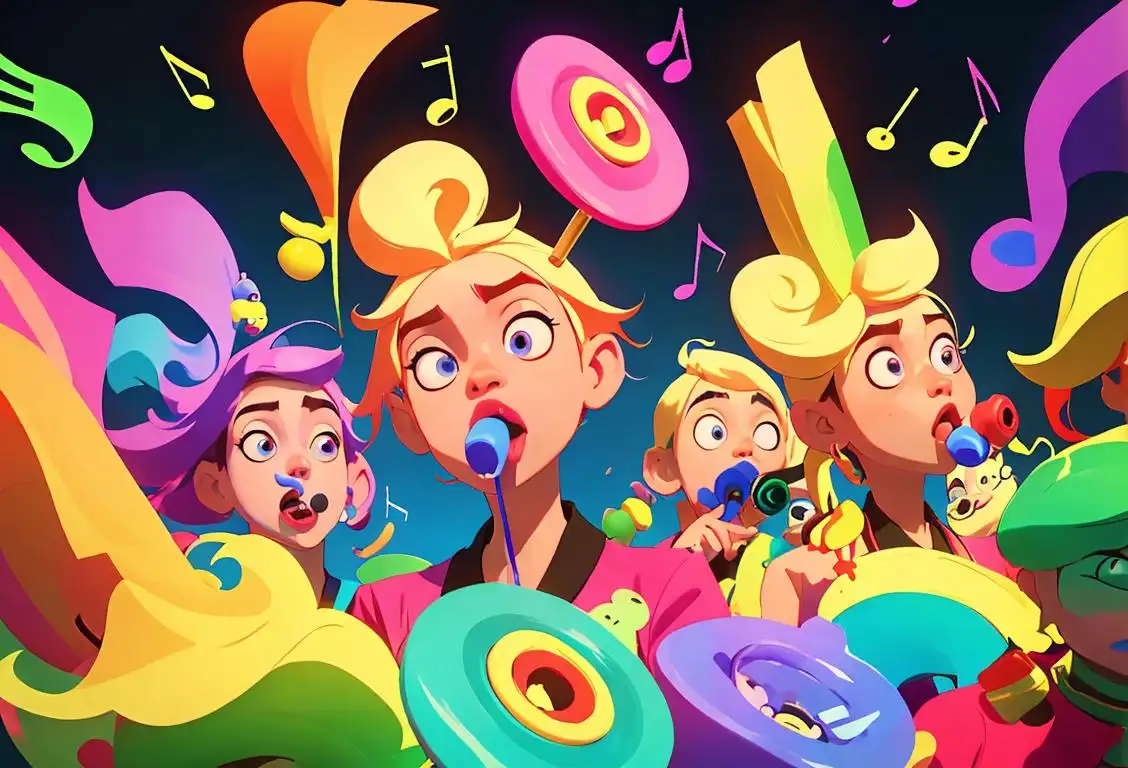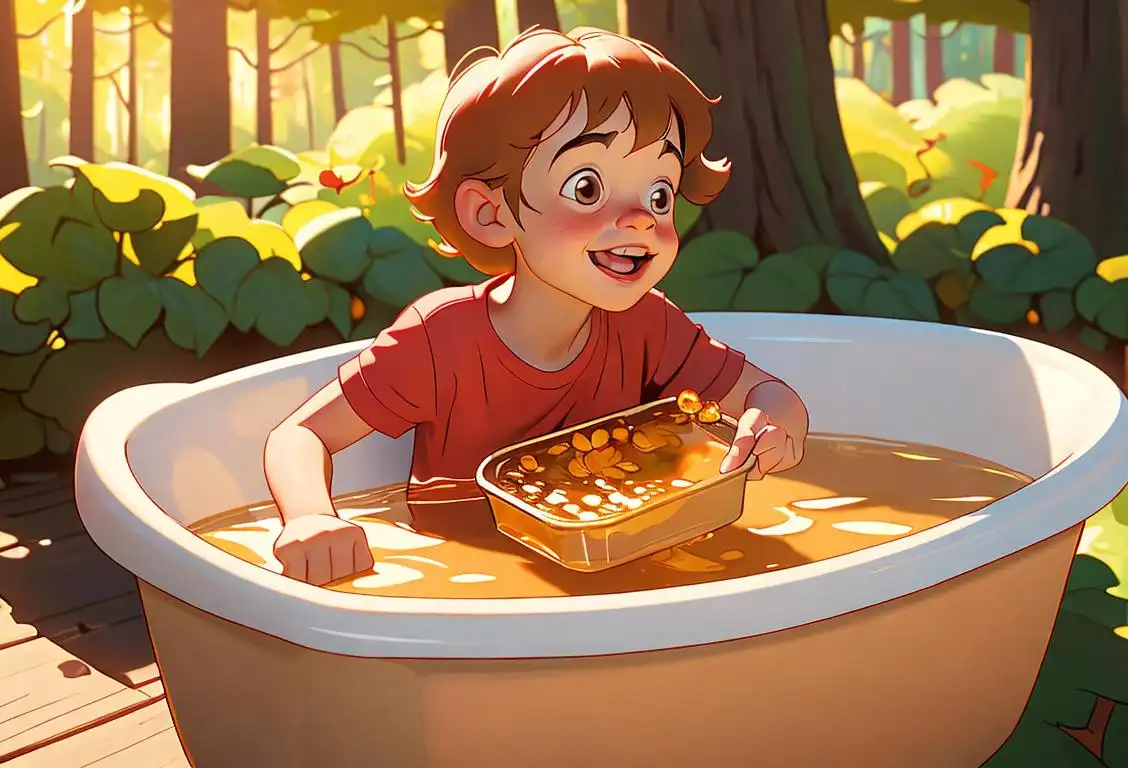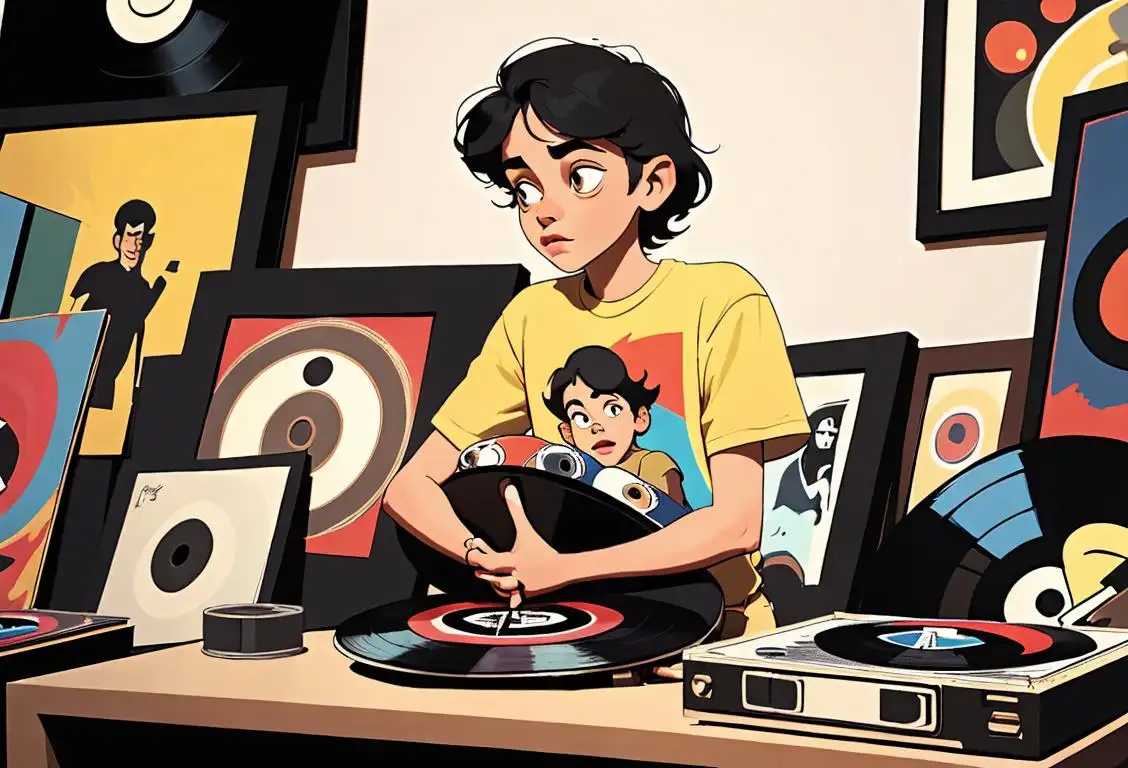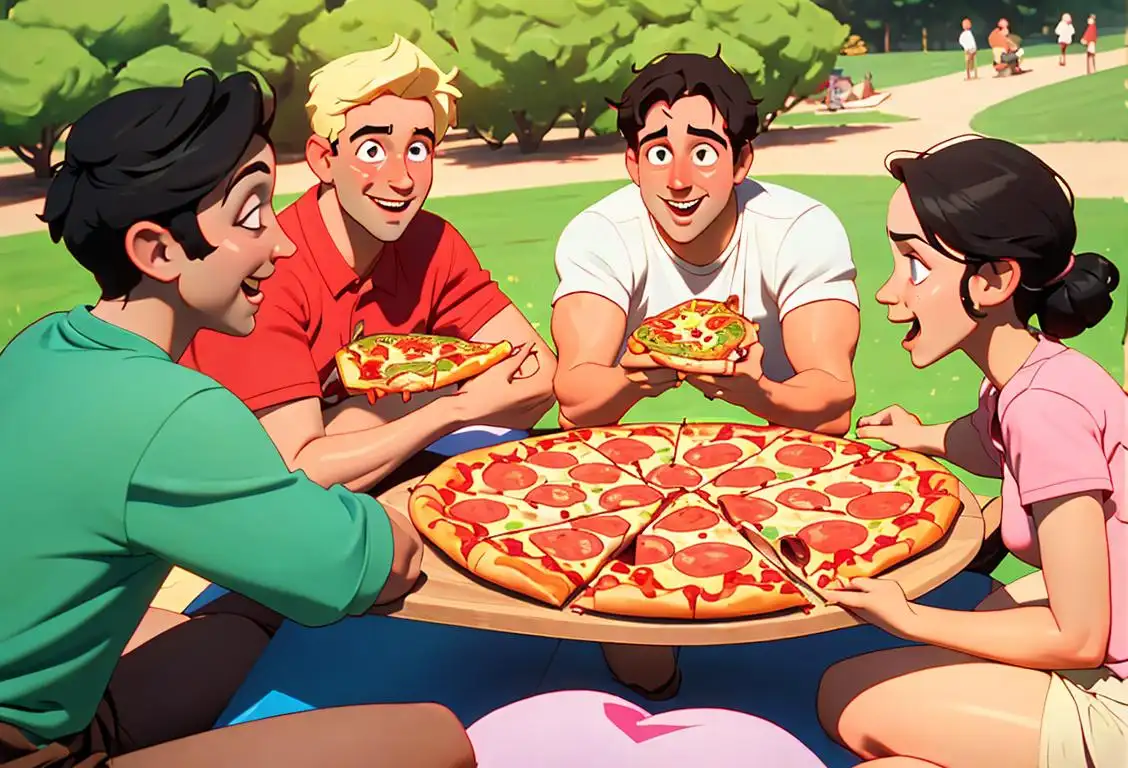National Carol Day
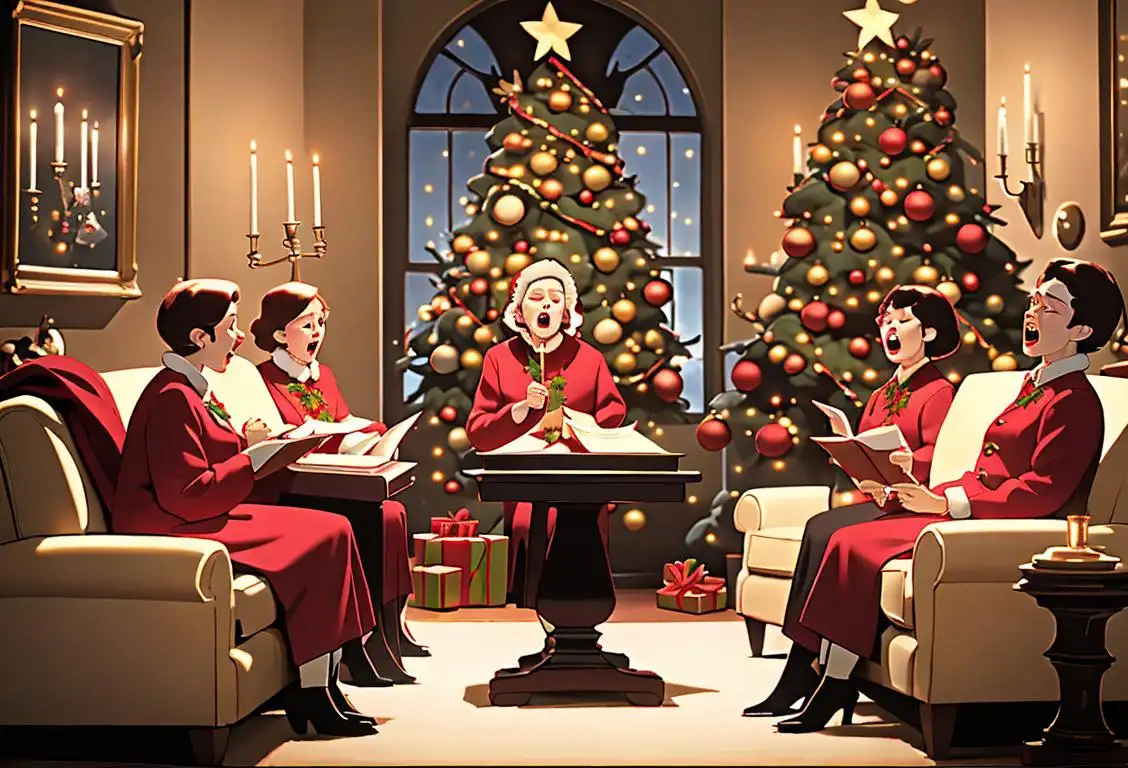
Brush off those vocal cords and dust down that festive spirit - it's National Carol Day! Who would have known that there's a whole day dedicated to our annual harmonious holiday songs? Get ready to jingle all the way through this article.
When is Carol Day?
It's national carol day on the 21st December.
What is National Carol Day?
National Carol Day, just as the name suggests, celebrates the tradition of singing carols. These festive tunes have been echoing through our streets and homes for centuries every Christmastime, and now they have a day all to themselves. Its internet history shows it was most mentioned on 21 Dec 2016.
The Joyful History Of Caroling
Caroling is believed to have started in Europe as a songs during celebrations like 'Yule', slowly transforming into the merry Christmas-themed songs we know today. While the earliest carols were of pagan origin, they gradually fused with Christian narratives, creating the diverse repertoire we all sing today.
Carols Around The World
While most of us associate carols with the English language and Western culture, carols are, in fact, an international affair. Each country with a Christmas tradition has its unique carols, often sung in their native languages and capturing their unique festive customs.
Singing Our Way Into Merry Celebrations
Dec 21, the day we've detected as having the most online mentions, combines National Carol Day with the joy of the festive season. So, wrap up warming, grab your song sheets and delight in the Carols that have been making us feel merry for centuries!
History behind the term 'Carol'
14th century
Origins in European, Christian Traditions
The term 'carol' originated in the 14th century from the French word 'carole' and the Latin word 'choraula.' Carols were initially festive songs and dances performed by groups of people during celebrations, especially at Christmas. These songs were often accompanied by dancing in a circle or line formations. Carols gained popularity in European Christian traditions as a way to celebrate religious events and express community spirit.
16th century
Shift to Religious Hymns
During the 16th century, carols began to shift from purely festive songs to songs with religious themes. The Protestant Reformation played a significant role in this transition, as the reformers encouraged congregational singing of hymns in common languages. This led to the development of more religious carols with lyrical content that reflected biblical stories and themes.
19th century
Revival and Popularization
In the 19th century, there was a revival of interest in traditional carols. Scholars and collectors started to document and preserve old carols that were in danger of being forgotten. This revival was influenced by the Romantic movement's emphasis on folklore and cultural heritage. The publication of songbooks, such as 'Christmas Carols Ancient and Modern' by William Sandys in 1833, helped in popularizing the singing of carols in churches and homes.
20th century
Carols in Popular Culture
With the advent of recorded music and radio, carols became more widespread and accessible. Artists started recording carols, and radio stations dedicated airtime to festive music during the holiday season. Additionally, carols started to appear in movies, television shows, and commercials, further embedding them in popular culture. The wide dissemination of carols through various media formats has helped keep the tradition alive and introduced them to new audiences.
Present
Continued Relevance and Diversity
Today, carols continue to be an integral part of Christmas celebrations around the world. They are sung in churches, community gatherings, and even on the streets by carolers. While traditional carols still hold a special place, there has been a rise in contemporary carols that blend modern musical styles with traditional themes. This diversity reflects the evolving cultural landscape and the enduring appeal of carols as a way to express joy, faith, and togetherness during the holiday season.
Did you know?
Did you know that the word 'carol' originally meant 'dance' or a 'song of praise and joy'? It only became associated with Christmas in the 1300s!Tagged
fun family music festive carol singing holiday traditionsFirst identified
21st December 2016Most mentioned on
21st December 2016Total mentions
30Other days
Carol Day
Kazoo Day
Slap A Booty Day
Cousins Day
Winnie The Pooh Day
Album Day
Pepperoni Pizza Day
Drummer Day
Have Sex Day
Love Your Pet Day
